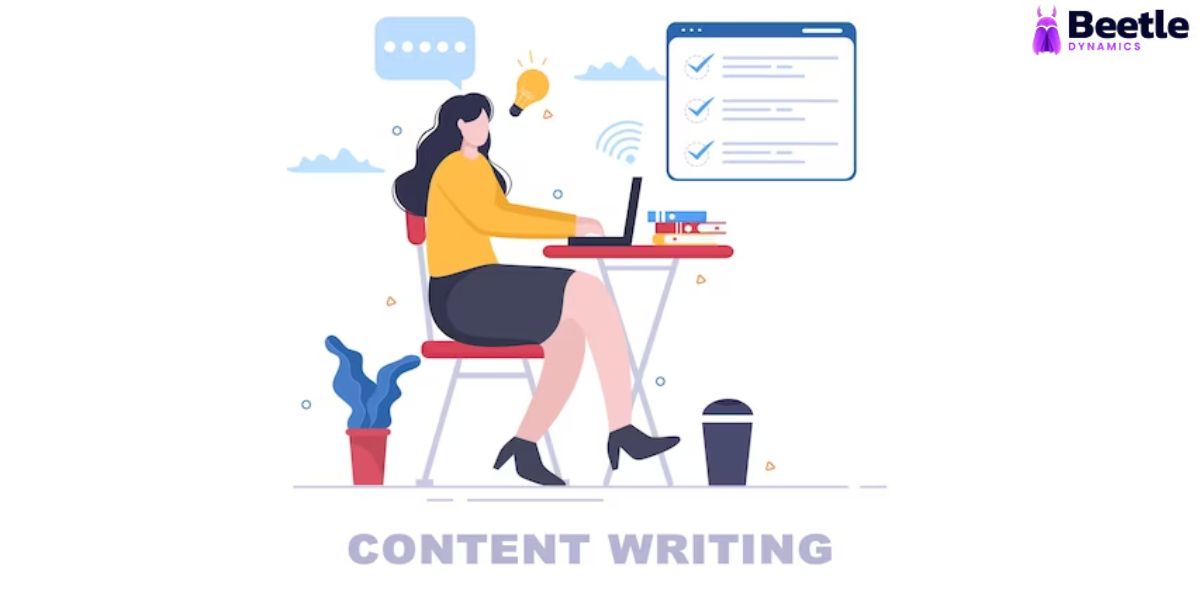If you’re just started on the path of search engine optimization(SEO), then a step-by-step SEO tutorial roadmap is in order. Your appearance here tells few things, but on the whole, you realized that in today’s digitally connected world, learning SEO is fundamental for your organization’s and your website’s growth. . You must have heard some basic terms, such as keyword research and on-page optimization. But how do you apply all the knowledge you’ve gathered? Look no further, take a seat, relax, and get prepared to learn. Fear not, it’s not as intimidating as you think.
Before we start you’ll need to know 2 things: All you need to visit “What is SEO, and why is it important?”
SEO Step-By-Step Roadmap:-
Step 1: Find keywords.
Step 2: Insert keywords in the page title.
Step 3: Insert keywords in the page URL.
Step 4: Insert keywords in your meta description.
Step 5: Insert keywords in your H1 text.
Step 6: Insert keywords in the page’s content.
Step 7: Create links to your website.
Step 8: Observe your rank.
Find keywords
Keywords are words and phrases that users type into search engines to find information on a specific topic. If you’re like most when you pull up a web browser and head for the search bar. Once you say or type a few words and hit “enter,” you glance over the results until you click on a page that looks favorable. And that’s where you find the information you need. Here 
If you want people to discover your website, you must acknowledge what keywords are, why they matter, and the quickest practice for how to find them. You can use a consecrate tool for keyword search, but as a beginner, it’s sage to choose your keywords fundamentally at first.
Insert keywords in the page title
Once you’ve decided which keyword is suitable for your business, it’s time to put them into action. for the very first, you have to put the keywords in your web page title.
The page title is one of the most important things that Google and other search engines rate and value to decide what is on a web page. It’s what comes to light on top of your web page’s results in the search engine results pages.

Keywords appear in search queries that people enter into search engines. To make your web page appear higher in search results, you should try to find out which keywords your customers might use to find your product and services, and add those keywords to your content.
Insert keywords in the page URL
Google and other search engines also use the text of the URL of the page to decide the content of the web page.so there should be the use of keywords specifically in the slug or we can say in the permalink.

Using keywords in URLs helps SEO slightly, but the significance and easily operated should always take priority. It also depends on the risk vs the reward: if you’re not beginning from scratch, a keyword-based slug might help, but it’s not like, you change your entire URL structure.
Insert keywords in your meta description
A meta description appears on a Google search results page under the Page Title. Any keywords that match a user’s Google search query will appear in bold. Your page meta description further tells search engines and users what your page is about.

Meta keywords are no longer used by Google to determine a site’s ranking, it still counts. Smaller search engines still might use them in their algorithm, so we recommend adding them anyway.
Insert keywords in your H1 text
The H1 tag is an HTML heading that’s most generally used to escalate a web page title. The H1 tag takes the first place in the hierarchy of headings, which can be tagged from H1 to H6 determined by o the standard of importance in the content.

Google and other search engines can see this, and they put extra importance on the words in the H1 text. Make sure your keyword is there.
Insert keywords in the page’s content
Inserting keywords in the page’s content means that keywords should be used usually all over the content, but they should also be used in the headings and tags, including the H1 and H2 tags, particularly in every step you have done so far.

Create links to your website
Once you indicate applicability to search engines via your keywords, it’s time for the hard work to begin: building inbound links from authoritative sites in your industry or niche.
This is potentially one of the most important SEO steps you have to take. The number and quality of links referring to your website are quite important to Google and other search engines to assess your rank on different terms. If people are linking to you, then that means that your site offers authoritative, trustworthy information on a topic.
Observe your rank
Last but not least, it’s time to check on the results of your efforts. Give the search engines some time to process their thing, and then keep checking your rank to see what happened and track your progress. you can check your rank manually by searching for your target keyword on Google.
Ranking web pages simply shows how important your contact and information are for your users. the high you rank, the more quality content you have to educate your customers.






Leave a Reply